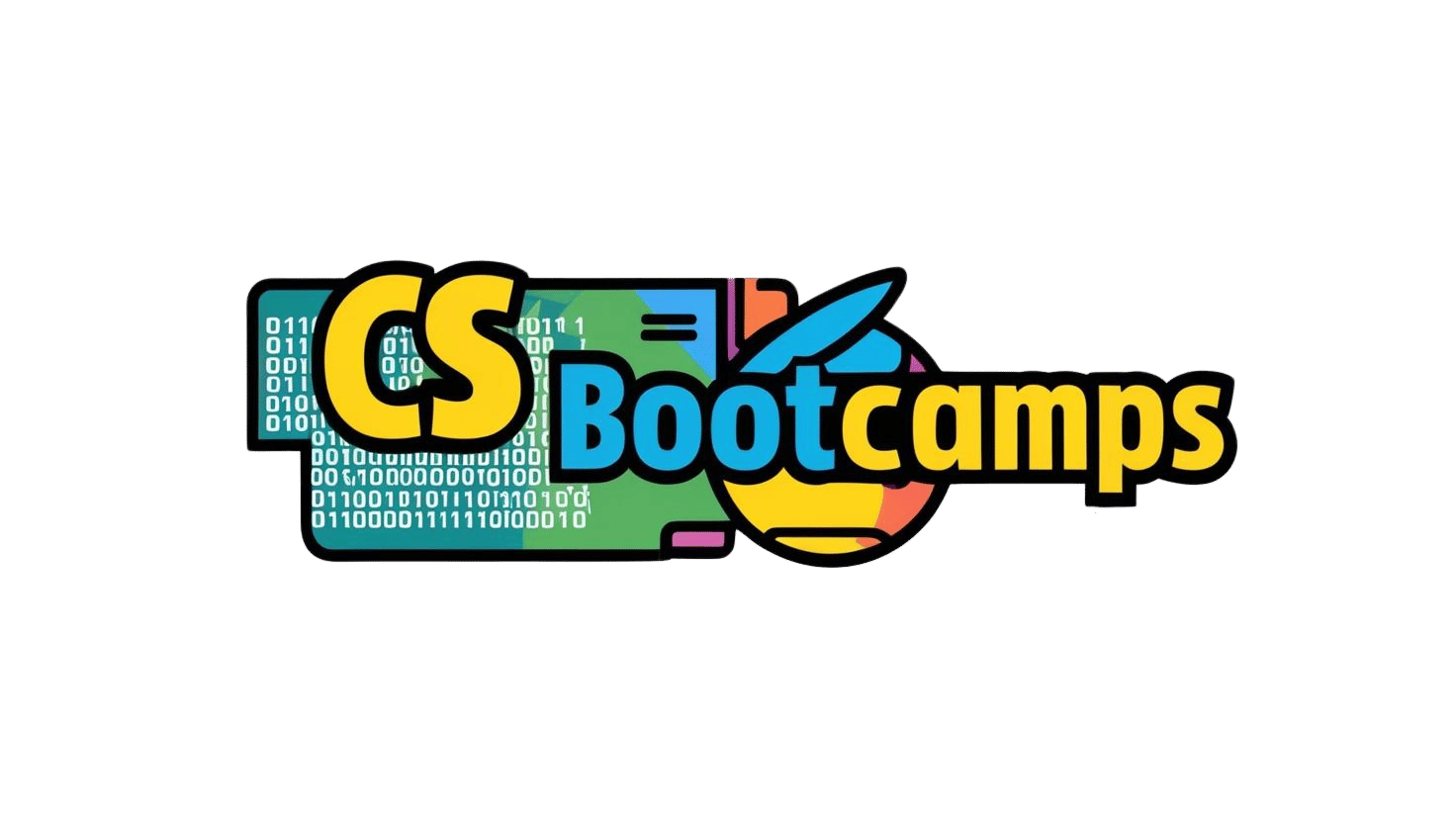Is coding difficult? While it may seem daunting at first, coding is a skill that anyone can learn with practice and patience. This article will explore the real challenges you might face and offer practical tips to make your learning process smoother.
Key Takeaways
Coding can seem intimidating, but persistence and the right mindset make it accessible to everyone.
Common challenges for beginners include information overload and lack of support, but joining coding communities can provide valuable guidance.
Setting clear goals, practicing consistently, and focusing on fundamental concepts are essential strategies for effective coding learning.
Is Coding Really That Hard?

The perception of coding as a challenging skill is often influenced by media portrayals that suggest it is only for a select few. Many people believe that coding hard to learn or beyond their reach because of the way it is portrayed in popular culture. This perception can be intimidating, especially when combined with the constant changes in the programming industry and the cryptic syntax of many programming languages.
Success in learning to code is highly correlated with the ability to not give up during the early stages. Maintaining curiosity and patience is crucial, as these qualities help learners navigate through the initial challenges and keep pushing forward. Recognize that while coding may be challenging, it is a valuable skill with fulfilling career opportunities.
Experienced developers often recall their initial intimidation with coding, but they emphasize that programming experience and skills are attainable for anyone, regardless of their starting point. The learning process can be broken down into manageable steps, allowing you to code easily, making it less daunting and more accessible for experienced software engineers.
Starting with a computer and learning resources, setting aside dedicated practice time is crucial. With the right mindset and approach, you can start coding on your coding journey, which is not an insurmountable challenge but a journey that anyone can embark on using free resources and computers.
Common Challenges in Learning to Code
Learning to code can be difficult due to various factors, such as the complexity of the codebase and the difficulty in finding suitable learning materials. The learning process often involves a steep learning curve, which can be overwhelming for beginners. However, adopting a research mindset and knowing how to find answers effectively can make a significant difference.
Patience, consistent practice, and the right mindset are crucial for success in learning to code. Beginners often experience feelings of confusion and may be distracted by conflicting approaches while learning to code. Identifying and removing distractions before coding enhances focus.
Now, let’s delve into some specific challenges that beginners face and how to overcome real world problems.
Information Overload
Information overload in coding means handling more tasks than manageable at once. Beginners often make the mistake of attempting to absorb all information quickly, which can impede their learning. Handling too many topics at once can overwhelm learners, making it difficult for them to see progress, as it can be a time consuming process.
Overworking when learning to code can lead to discouragement and hinder learning effectiveness. Trying to learn everything quickly can make coding feel overwhelming due to the number of programming languages and frameworks.
Avoid information overload by focusing on manageable chunks for effective learning. This approach can help you find the answer to complex topics more easily.
Lack of Support
Many individuals struggle with coding due to a lack of prior exposure compared to subjects like history or literature. A significant hurdle for learners is the lack of immediate assistance, which can lead to frustration and disinterest. Without guidance, learners often feel lost, making it difficult to navigate through coding challenges and to write code.
Engaging with coding communities can enhance learning through support and shared knowledge. A benefit of joining a coder community is the access to wisdom, resources, and quick advice. A mentor can provide guidance, help overcome obstacles, and enhance learning. Mentors can provide feedback, guidance, and support, helping learners navigate through the complexities of coding.
Moving Beyond Basics
Once learners move past the beginner phase, they may face a scarcity of right resources for intermediate coding skills. Understanding basic principles before delving into specific programming techniques is essential for new coders. Algorithmic thinking is a key skill that helps developers tackle coding challenges more effectively.
Proficiency in coding requires pushing beyond basic concepts and deepening your understanding. This involves developing a deep understanding of core concepts and continuously challenging yourself with more complex problems.
Effective Strategies for Learning to Code
Approaching coding with beginner-specific strategies makes learning more effective. Begin by learning in bite-sized pieces and started learning from easier concepts to avoid feeling overwhelmed. Developing a programming mindset and selecting simplified resources eases the learning process.
Focus on one topic at a time to enhance understanding and retention of coding skills. Consistent practice and effort are pivotal for becoming proficient in coding. Taking a coding course can effectively teach fundamental concepts and practices.
Utilizing various methods such as online platforms or self-study can diversify your learning experience with specific tools.
Set Clear Goals
Specific coding and career goals help maintain motivation during learning. Clear specific goals make learning more engaging and provide direction towards achieving desired life functions outcomes.
Beginners should create a structured learning plan that incorporates clear goals and smaller milestones to follow. Breaking goals into smaller milestones and celebrating progress keeps motivation and positivity high.
Start With the Basics
Python and JavaScript are recommended for beginners due to their readability. HTML is considered the easiest front-end language for newcomers. Python, in particular, is beneficial for beginners as it resembles human language and has an easy syntax.
Understanding fundamental concepts, rather than just memorizing code, is crucial for effective learning. Choosing the right programming language to begin with can significantly ease the learning process.
Practice Consistently
Regular practice is crucial as it reinforces understanding and improves skills over time. Refreshing practice through videos or coding forums helps retain coding skills, and Khan Academy offers excellent resources for this.
Side projects assist in applying skills in real-world scenarios, deepening the understanding of programming concepts. Sharing coding projects with others identifies strengths and areas for improvement in the project.
Building Projects and Seeking Feedback
Working on personal projects outside of coursework helps reinforce coding concepts and build practical skills. Engaging with open-source projects provides practical experience and a way to learn from real-world coding challenges.
Coding challenges greatly boost problem-solving skills. Feedback from peers or mentors is essential for recognizing making mistakes and improving coding problems skills.
Choosing the Right Programming Language
The best programming language to learn depends on various factors such as the learner’s comfort and specific coding goals. Selecting the right programming language aligns with personal goals and coding interests.
Identifying one’s comfort level with different languages and other languages can significantly influence the effectiveness and enjoyment of the learning process and one’s learning style. Personal programming interests guide beginners to the most suitable language.
Easiest Languages to Learn
Some of the easiest programming languages to learn include Python, JavaScript, and HTML. Other programming languages like Python and JavaScript are preferred for beginners due to their simplicity and readability.
HTML remains the primary language for front-end web development and is highly accessible for newcomers.
Advanced Languages
Languages such as C, C++, and Assembly are often regarded as difficult to learn due to their complexity and lower-level operations. C++ is significantly more difficult to learn than higher-level programming languages, making it a challenging choice for beginners. Assembly language operates at a low level, being just one step above binary, with direct correspondence to computer hardware.
Learning difficult programming languages like C++ or Assembly can enhance problem-solving skills, but a successful coding career can be achieved without mastering these languages. C is considered a low-level language and is too advanced for beginners to start learning with.
Before mastering complex syntax coding languages, it is essential for a programmer to understand the fundamentals of your chosen simple syntax programming language.
The Importance of Soft Skills in Coding
Soft skills such as problem-solving and emotional intelligence are increasingly prioritized in the tech industry, often surpassing technical expertise in importance for career success.
Important soft skills for coding success include:
Time management
Problem-solving
Creativity
Teamwork
Communication
Mentorship can help develop essential soft skills such as teamwork and communication. Participation in training and workshops can significantly enhance soft skills like leadership and emotional intelligence among tech professionals. Recognition and inclusion within teams boost morale and foster an environment where developers can thrive and contribute effectively.
Staying Updated with New Technologies
A culture that encourages adaptability and continuous learning is essential for tech professionals to stay relevant in a rapidly evolving and constantly changing industry. Regularly consuming content like blogs, podcasts, and videos can aid developers in keeping up with technological advancements.
Reading tech blogs, attending conferences, and networking with coders can help in staying updated with new technologies. Learning additional programming languages can strengthen a developer’s skill set and adaptability in a changing tech landscape.
How Long Does It Take to Learn Coding?
Learning coding requires a commitment of time and consistent practice, similar to acquiring any new skill. Several months are typically needed for absolute beginners to learn coding. It takes about 3-6 months to gain a basic understanding of programming concepts starting from zero.
Factors affecting how quickly students learn to code include background in coding and natural knack for it. Setting short-term and long-term goals provides direction and helps track progress.
Is Coding a Good Career Choice?

Yes, coding is a good career choice. The major benefits of a coding career include job stability, high earning potential, and versatility. Entry-level programmers in the U.S. typically earn around $85,000 annually, with potential earnings growing significantly with experience, often leading to six figure salaries.
The expected job growth percentage for software developers in the U.S. by 2030 is 22%. A career in coding offers flexibility, allowing coders to work as employees or freelancers and includes diverse roles like web developer and IT security analyst.
Coding knowledge enhances adaptability across various careers, allowing individuals to thrive in multiple roles they have learned.
Summary
In summary, while coding may initially seem daunting, it is a skill that anyone can learn with the right mindset, resources, and strategies. From setting clear goals and starting with the basics to practicing consistently and seeking feedback, the journey to mastering coding involves a series of manageable steps.
Remember, the key to success lies in perseverance, continuous learning, and developing both technical and soft skills. Embrace the challenges, stay curious, and you’ll find that coding can open up a world of exciting opportunities. Your coding journey is what you make of it, so start today and take the first step towards a rewarding career.
Frequently Asked Questions
Is coding really that hard to learn?
Coding can be tough, but it’s absolutely doable with the right attitude and regular practice. Stick with it, and you’ll find that you can learn to code too!
What are some common challenges faced while learning to code?
Learning to code can be tough, especially with information overload, feeling unsupported, and struggling to go beyond the basics. But with the right strategies, you can definitely make it more manageable!
How important are soft skills in coding?
Soft skills are incredibly important in coding; they often matter more than technical knowledge alone. Being able to effectively communicate and work well with others can truly elevate your career.
How long does it take to learn coding?
It usually takes about 3-6 months to grasp the basics of coding, but it really depends on how much time and effort you put into it. With dedication, you’ll pick it up faster than you think!
Is coding a good career choice?
Absolutely, coding is a solid career choice! With job stability, high earning potential, and plenty of opportunities for growth, it’s definitely worth considering.
